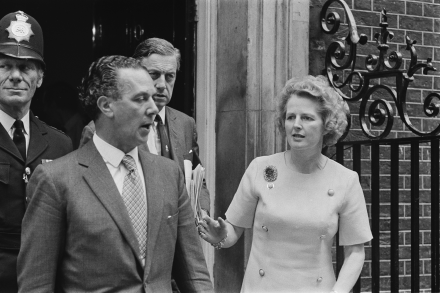The October Budget was Reeves’s original sin
With hindsight, Rachel Reeves’s first Budget in October last year looks even worse than it did at the time. It wasn’t exactly cheered to the rafters then, even by Labour’s own mass of backbenchers, but a year on it has become clear that those early decisions have damaged the country’s economic performance and blighted Reeves’s time in the Treasury. The Chancellor has been somewhat unlucky, to be fair, but she made three crucial errors in the October Budget. First, she did not give herself enough slack if the economy took a turn for the worse. Second, she forgot that economics is not only about numbers but also about mood. Third,















